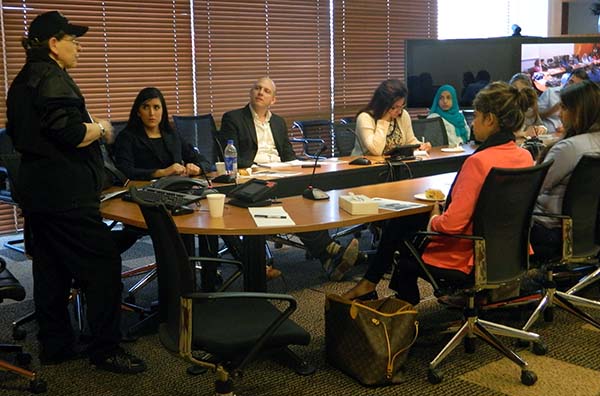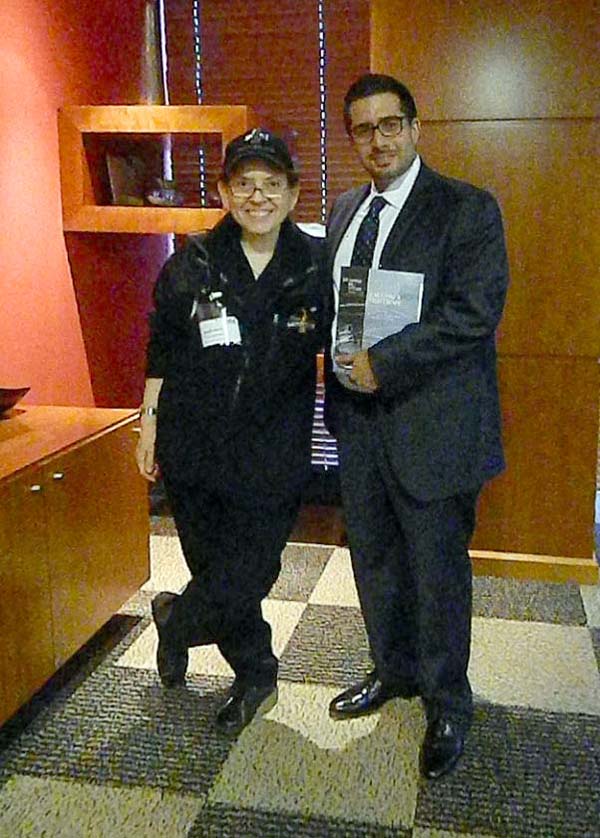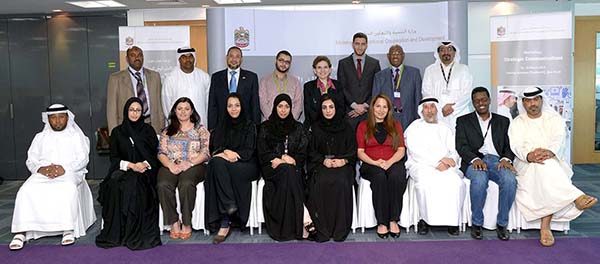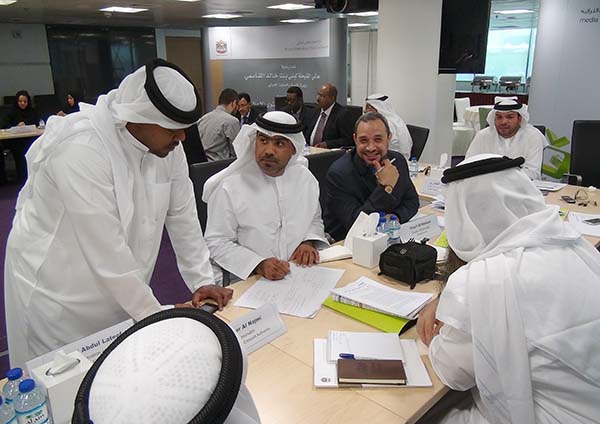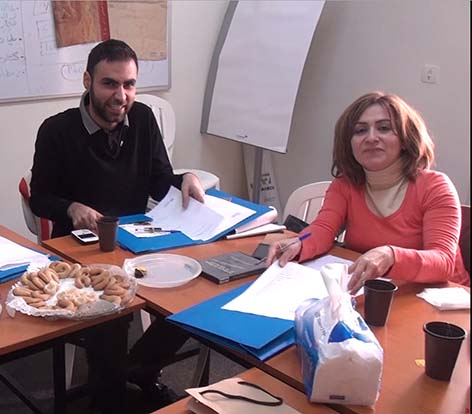Getting it right topped the list of tips Media Unlimited director Magda Abu-Fadil offered journalists at Al Arabiya’s English website during an informal chat in Dubai.
Abu-Fadil said elementary rules like spelling people’s names correctly and ensuring their titles were precise should not be overlooked since they were the corner stones of good reporting.
She also cautioned participants, several of whom she trained in October 2012, not to rush and publish information before verifying it from multiple sources, noting that rumors and other questionable news and visuals filled the Internet, leading to many a journalist’s downfall.
Abu-Fadil recounted some of her adventures as a foreign correspondent and editor and how she had transitioned from being a traditional journalist to a blogger and media trainer.
The event dubbed “Accuracy: How it could make us, or break us,” was part of an Al Arabiya English website General Assembly in March 2013.

